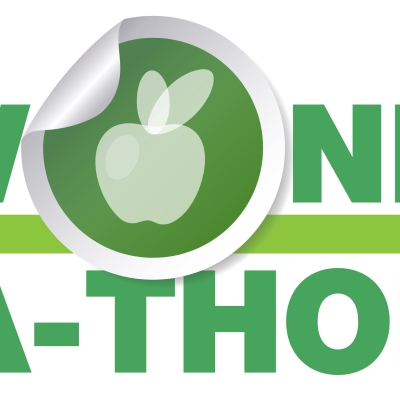Whenever I review compelling research, I end up mentally pairing it with a corresponding work of literature. Maybe it’s the liberal arts student in me (or maybe it’s because I flunked stats and require an alternative frame of reference). Take for example this study of comparative school funding and performance in Nashville, which brought Dickens to mind almost immediately. Compiled by the education advisory firm Afton Partners on behalf of the Tennessee Charter School Center, it makes perfectly clear that for this city’s charters, it’s both the best of times and the worst of times. “Mean academic performance for all grades is significantly higher for charter-managed schools,” it reads, “though MNPS [Metropolitan Nashville Public Schools] spent approximately $100 more per pupil on district-managed schools.”
A measly c-note may not sound like much—in this instance, it’s the difference between roughly $9,800 and $9,700 annually—but that discrepancy only represents one chapter of this twisted tale of two funding standards. The per-pupil analysis doesn’t include a $73 million gap in capital support between district schools and charters. Meanwhile, those same neglected charters are reporting mean scores on the APF (Academic Performance Framework, a statewide metric that includes test scores, graduation rates, college readiness, and other data) that are 56 percent higher than their district-managed counterparts. Metro Nashville charters are fulfilling great expectations in other respects, too, accounting for a disproportionate chunk of the city’s best schools and being held up as a model for other states. So why are they forced, like Oliver Twist, to beg for more?
The solutions put forward in the study seem promising, if sketchy. Among other measures, it pushes for the creation of a longer-term district operating plan and a review of grant allocation practices. It’s hard to know whether these recommendations would suffice, but if Nashville stands pat, its kids will increasingly come to inhabit a bleak schoolhouse of the city’s own devising: Over the next ten years, charter enrollment in Tennessee’s capital is expected to expand by over ten thousand students while district schools lose close to four thousand. Let’s hope these awkward revelations wake up the Scrooges who have thus far denied equal funding to all schools. Otherwise, we can only hope they’ll be visited by spirits in the night.
SOURCE: “MNPS Expenditures and Academic Outcomes: Long Term Opportunities for the District,” Tennessee Charter School Center (April 2015).

